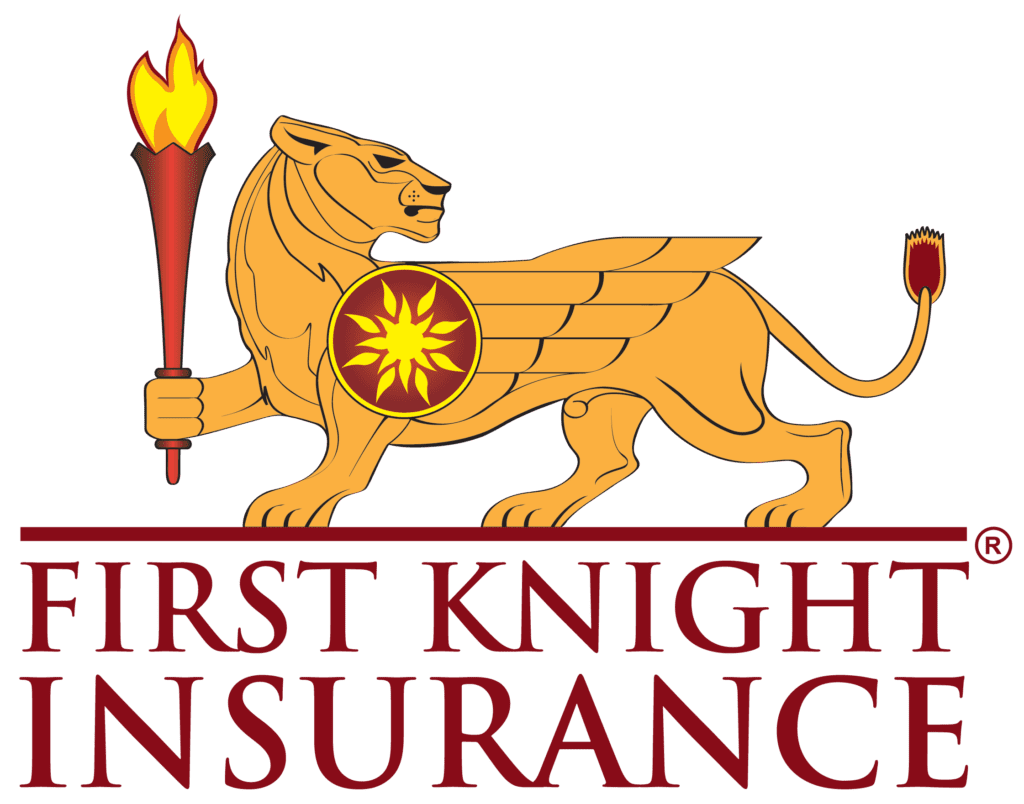In the dynamic landscape of manufacturing, businesses face a myriad of challenges, from operational intricacies to regulatory compliance. Amidst these complexities, manufacturers must also grapple with the ever-present specter of risks that can disrupt their operations and financial stability. This is where a comprehensive manufacturers insurance plan becomes indispensable. In this blog post, we will delve into the essential coverages and risks that manufacturers need to consider to safeguard their interests.
Coverages:
- Property Insurance:
- Protects physical assets such as buildings, machinery, and inventory from perils like fire, theft, and natural disasters.
- Coverage can be tailored to include business interruption insurance, compensating for lost income during downtime caused by covered perils.
- General Liability Insurance:
- Shields manufacturers from third-party claims of bodily injury or property damage occurring on their premises or as a result of their products.
- Essential for mitigating legal expenses associated with lawsuits.
- Product Liability Insurance:
- Focuses specifically on risks associated with the manufacturing and distribution of products.
- Protects against claims arising from defects, faulty designs, or inadequate warnings.
- Workers’ Compensation:
- Mandated in most jurisdictions, it covers medical expenses and lost wages for employees injured on the job.
- A crucial component in maintaining a safe working environment and complying with legal obligations.
- Business Interruption Insurance:
- Provides coverage for lost income and operating expenses during periods when normal business operations are disrupted.
- Particularly valuable for manufacturers heavily reliant on specialized equipment or processes.
- Equipment Breakdown Insurance:
- Safeguards against financial losses resulting from the sudden failure of machinery or equipment.
- Ensures swift repairs or replacements to minimize production delays.
- Cyber Insurance:
- As manufacturers become more digitally integrated, cyber insurance is essential to protect against data breaches, ransomware attacks, and other cyber threats.
- Covers costs associated with data recovery, legal expenses, and reputational damage.
Risks:
- Supply Chain Disruptions:
- Manufacturers face risks related to the reliability of suppliers, transportation issues, and geopolitical events impacting the supply chain.
- Contingency planning and supply chain insurance can help mitigate these risks.
- Regulatory Compliance:
- Rapidly evolving regulations in the manufacturing sector pose compliance challenges.
- Non-compliance can result in fines and legal consequences, emphasizing the need for insurance coverage that addresses regulatory risks.
- Technological Advances:
- While technology enhances efficiency, it also introduces new risks such as cyber threats and the potential obsolescence of existing machinery.
- Regularly updating insurance policies to account for technological changes is crucial.
Manufacturers operate in a complex environment where uncertainties are inevitable. A robust insurance strategy that comprehensively addresses the specific risks associated with the industry is essential. By understanding the coverages available and proactively identifying and mitigating potential risks, manufacturers can fortify their businesses against unforeseen challenges, ensuring resilience and long-term success.








